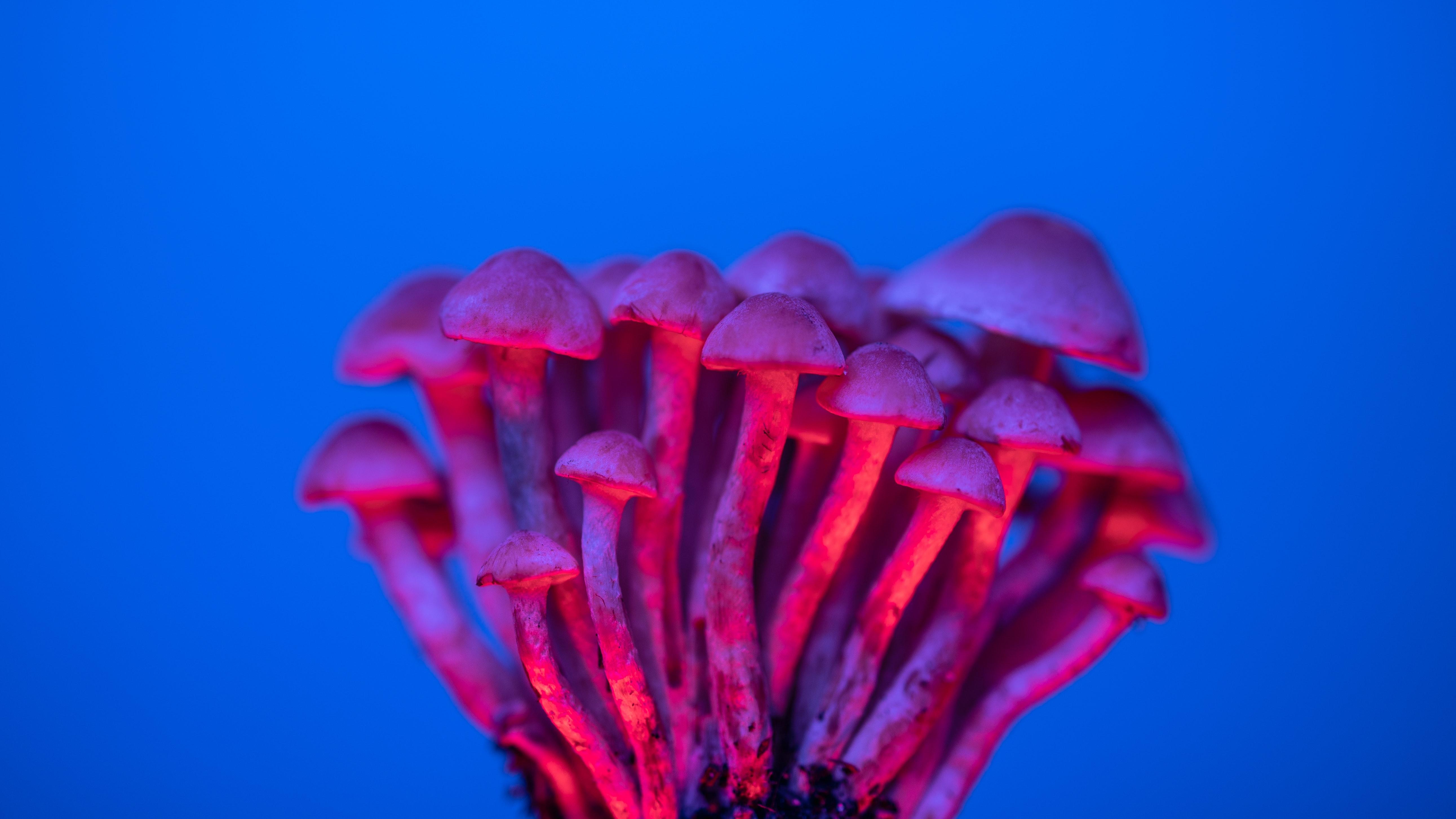Study shows psilocybin offers cost-effective solution for major depression

Psilocybin, a psychedelic compound found in certain mushrooms, could offer a more cost-effective treatment option for major depressive disorder than current methods, according to research from Clerkenwell Health and the University of Greenwich.
Findings from the study, titled 'Cost-effectiveness of psilocybin-assisted therapy for severe depression: exploratory findings from a decision analytic model', indicate that combining psilocybin with therapy could be more cost-effective compared to current methods used in the treatment of major depression, such as cognitive behavioural therapy (CBT). The cost of psilocybin-based treatment, priced at £1,200, combined with therapy from a single therapist, was estimated to be £5,239. Comparatively, researchers note costs of £3,528 for conventional medication alone, £4,250 for CBT alone, and £4,197 for a combination of the two.
The study was authored by leading experts in the economics and psychedelics field, including Professor Paul McCrone from the University of Greenwich, neuro-psychopharmacologist David Nutt, and researchers Henry Fisher and Clare Knight from Clerkenwell Health, a start-up commercial clinical research organisation specialising in psychedelic treatments.
Professor McCrone said: “While this is a relatively expensive treatment option, the improved outcomes that seem to be achieved may justify this extra cost, especially as there are few treatment options for those with the hardest-to-treat forms of depression. More research is needed, especially on the level of therapist support that is required, but this is an interesting therapy and could well be positioned alongside more conventional treatments.”
In addition to the cost-effectiveness, researchers also identified that patients who received psilocybin-based treatment experienced a higher quality of life after treatment, with quality-adjusted life years (QALYs) nearly 10% greater than those treated with CBT - the next most effective treatment option.
This announcement comes just days after Australia ushered in a new era of treatment, becoming the first country in the world to legalise the use of psilocybin (and MDMA) to treat psychiatric conditions, including depression and post-traumatic stress disorder. While psilocybin cannot be lawfully possessed or prescribed in the UK, there has been much debate over whether the substance should be legalised.
In the UK, the subject of mental health treatment has been put under the spotlight in recent months. Last month, a BBC investigation uncovered data showing that more than a quarter of antidepressant users in England, approximately two million individuals, have been taking the medication for five years or more. With the number of people prescribed antidepressants rising, the cost of treating depression is significant, with one study from the London School of Economics estimating that depression costs the UK economy at least £118 billion a year.
Dr Henry Fisher, chief scientific officer at Clerkenwell Health, said: “With rising numbers of people in the UK prescribed antidepressants and increasing chronic use, it’s clear the need for innovative treatments for depression has never been more pressing. Our research finds that there is great potential for psilocybin to be a cost-effective therapy for severe depression – with higher quality impacts for the individuals and society.
“We’re calling on health professionals and policymakers to seriously consider these findings, which suggest psilocybin could be genuinely ground-breaking for the NHS and for the millions of people being treated for depression in the UK.”
While study results show that psilocybin has the potential to be a cost-effective therapy for severe depression, researchers note that this outcome is dependent on the level of psychological support that is provided to patients receiving psilocybin and the price of the drug itself. Moreover, further data on long-term outcomes will be required to improve the evidence base.
Clerkenwell Health is now working on designing and delivering several trials around testing the use of psychedelics such as psilocybin to treat conditions, including depression and PTSD, and is actively recruiting patients.
Image by Marek Piwnicki, sourced from Pexels.













